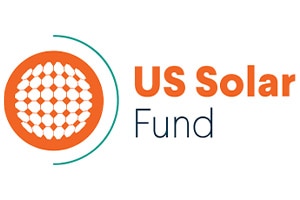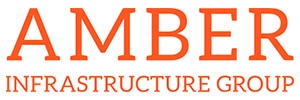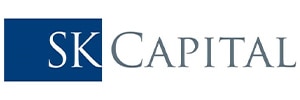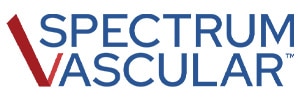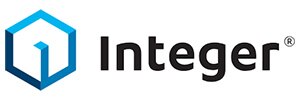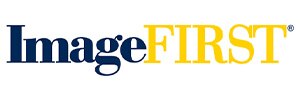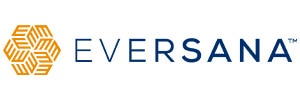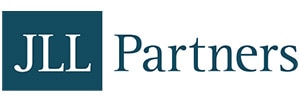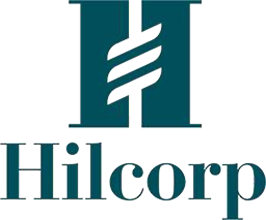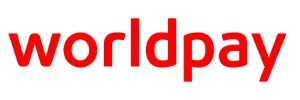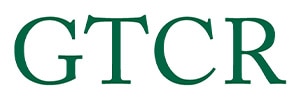Health Fidelity announces acquisition by Edifecs
Overview
| Deal Type |
Mergers & Acquisitions |
|---|---|
| Client & Transactional Partners |
Health Fidelity Edifecs TA Associates Francisco Partners |
| Our Role |
Sell-Side Advisor |
Summary
Health Fidelity, a leading provider of NLP-powered risk adjustment solutions, has been acquired by Edifecs, a premier healthcare technology company with solutions focused on interoperability, workflow automation, value-based care payments, and analytics. The acquisition of Health Fidelity supports Edifecs’ strategy to offer its customers best-in-class solutions that provide risk-bearing organizations visibility for critical decision making, and control over the risk adjustment process and value-based arrangements.
Cain Brothers, a division of KeyBanc Capital Markets, served as exclusive financial advisor to Health Fidelity.
Health Fidelity, a UPMC Enterprises portfolio company, is a leading provider of cloud-based risk adjustment solutions that project, detect, and capture all commensurate member risk. Health Fidelity utilizes natural language processing technology and a proprietary SaaS platform to analyze vast amounts of unstructured data to provide clinical and financial insights to payer and provider organizations involved in value-based payment models. The EHR-integrated, modular suite spans the continuum of care and reduces the non-clinical workload of physicians, simplifying the transition to value-based models. These solutions enable organizations participating in Medicare Advantage, ACA commercial, Managed Medicaid, and/or Medicare ACO programs to automate coding with the application of natural language processing.
Edifecs, backed by Francisco Partners and TA Associates, helps customers by optimizing the secure exchange and processing of data, reducing the cost of meeting various regulations, and automating workflows involved in multiple core processes within the healthcare ecosystem. Edifecs is a frontrunner in bringing new technology for B2B data exchange in healthcare streamlining business processes from “card to care,” and reducing the industry burden associated with data provisioning at the points of enrollment, care, payment, and reporting.




